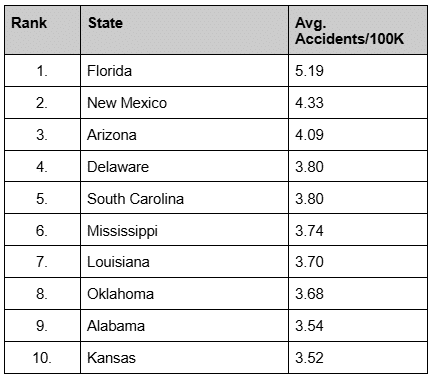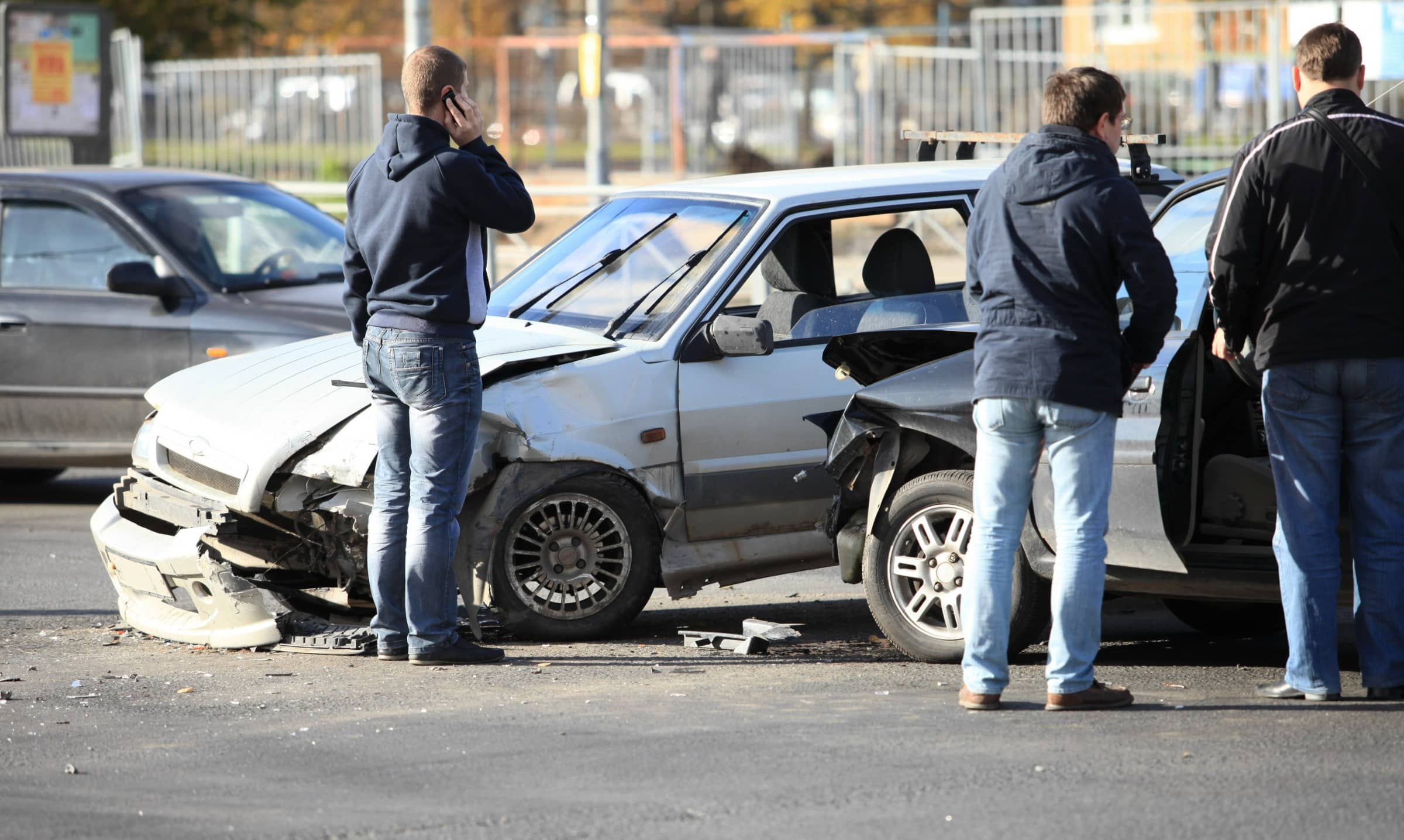A serious car accident can cause physical injuries and financial losses that leave victims scrambling. Serious injuries can make it hard to return to work right away, and that loss of income can be incredibly stressful to deal with. The good news is that Arizona law offers multiple avenues for recovering lost income. Understanding your rights and working with the best personal injury lawyers will be crucial for navigating these statutes.
At Brad Johnson Injury Law, we specialize in helping car accident victims recover the maximum financial compensation available. Common accident-related losses include medical expenses and lost wages. When injuries force you to miss work, you may be able to recover lost income through several channels. However, insurance companies often make this process difficult by disputing claims, delaying payments, or offering lowball settlements. Knowing how to build a strong case is essential to securing the full compensation you deserve.
How Arizona Law Protects Your Right to Lost Wage Compensation
Arizona follows a fault-based system for car accidents. This means the at-fault driver and their insurance company are responsible for covering your damages (including lost wages). Victims have two years to file a personal injury claim, and waiting too long can weaken your case. The sooner you start your claim, the better. Evidence and documentation are stronger immediately after an incident, and insurance companies are more likely to cooperate.
If another driver caused the accident, their liability insurance should cover your lost wages up to their policy limits. However, insurance companies frequently challenge these claims by questioning the severity of your injuries, the necessity of your time off work, or the actual income lost. That’s why comprehensive medical documentation and employment records become crucial to proving your claim.
Insurance Options for Recovering Lost Wages After a Car Accident
1. At-Fault Driver’s Liability Insurance
Most lost wage claims start with the at-fault driver’s insurance. Arizona law mandates minimum coverage of $25,000 per person and $50,000 per accident for bodily injuries. It is possible for your lost paychecks to add up and exceed these minimums, especially in the case of severe, long-term injuries. If this is the case, you’ll need to explore other options.
2. Uninsured/Underinsured Motorist (UM/UIM) Coverage
What should you do if the driver who hit you doesn’t have enough insurance coverage? Or worse, no insurance? When this happens, you might be able to tap into your own Uninsured/Underinsured Motorist (UM/UIM) policy. While Arizona requires car insurance companies to offer this protection, drivers can choose to decline it in writing. Although refusing this policy may seem like an easy way to lower your payments, UM/UIM is a failsafe worth keeping. If you have this coverage, it can help replace your lost income when the at-fault driver can’t pay.
3. Personal Injury Protection (PIP) or Medical Payments (MedPay)
Many Arizona drivers choose to add Personal Injury Protection (PIP) or Medical Payments Coverage (MedPay) to their policies. These coverages can help with lost wages even if the accident was your fault. With PIP, you’ll typically recover 60-80% of your missing paycheck (up to a set amount). This can provide crucial, immediate financial support when you need it most.
4. Workers’ Compensation (If Applicable)
Workers’ comp is available if you were hurt while trying to do your job. Whether delivering packages, driving for a rideshare app, or traveling for a sales meeting, you may be eligible for workers’ compensation. This program pays about two-thirds of your normal paycheck while you’re healing.
What Types of Lost Wages Can You Recover?
Lost wage claims aren’t limited to just your base salary. Compensation may include:
- Overtime pay you would have earned
- Performance bonuses or commissions lost due to missed work
- Paid time off (PTO) you were forced to use during recovery
- Future earnings if your injuries result in long-term or permanent work limitations
Self-employed individuals and gig workers (such as Uber drivers or freelancers) can also claim lost income, but they must provide additional documentation. Keep track of invoices, client contracts, profit statements, or tax returns to substantiate your claim.
How to Prove Lost Wages After a Car Accident
Insurance companies won’t simply take your word for your lost income—they’ll demand proof. To build a strong claim, you’ll need:
- Pay stubs or direct deposit records showing your earnings before the accident
- Tax returns (especially for self-employed individuals)
- A letter from your employer confirming your position, pay rate, and missed workdays
- Medical documentation from your doctor linking your injuries to work restrictions
For severe injuries that impact your future earning capacity, you may need expert testimony. Vocational specialists or economists can calculate and testify to how your injuries will affect your long-term career prospects.
Common Challenges in Lost Wage Claims
Insurance companies often use tactics to minimize or deny wage loss claims, including:
- Disputing the severity of your injuries
- Arguing that you could have returned to work earlier
- Requesting excessive documentation to delay payment
- Offering lowball settlements hoping you’ll accept less than you deserve
An experienced car accident attorney can help counter these tactics by gathering the right evidence, consulting with medical and financial experts, and negotiating aggressively on your behalf.
Why Legal Representation Matters After a Car Accident
At Brad Johnson Injury Law, we’ve helped countless clients recover not just their immediate lost wages but also compensation for long-term financial impacts. Insurance companies have teams of adjusters and lawyers working to protect their bottom line—you deserve someone fighting just as hard for you.
If you’re facing lost income after a car accident, don’t wait to take action. The sooner you begin documenting your claim, the stronger your case will be. Contact our office today for a free consultation to discuss how we can help protect your financial future while you focus on recovery. With proper guidance, you can secure the compensation you deserve for all your accident-related losses.


